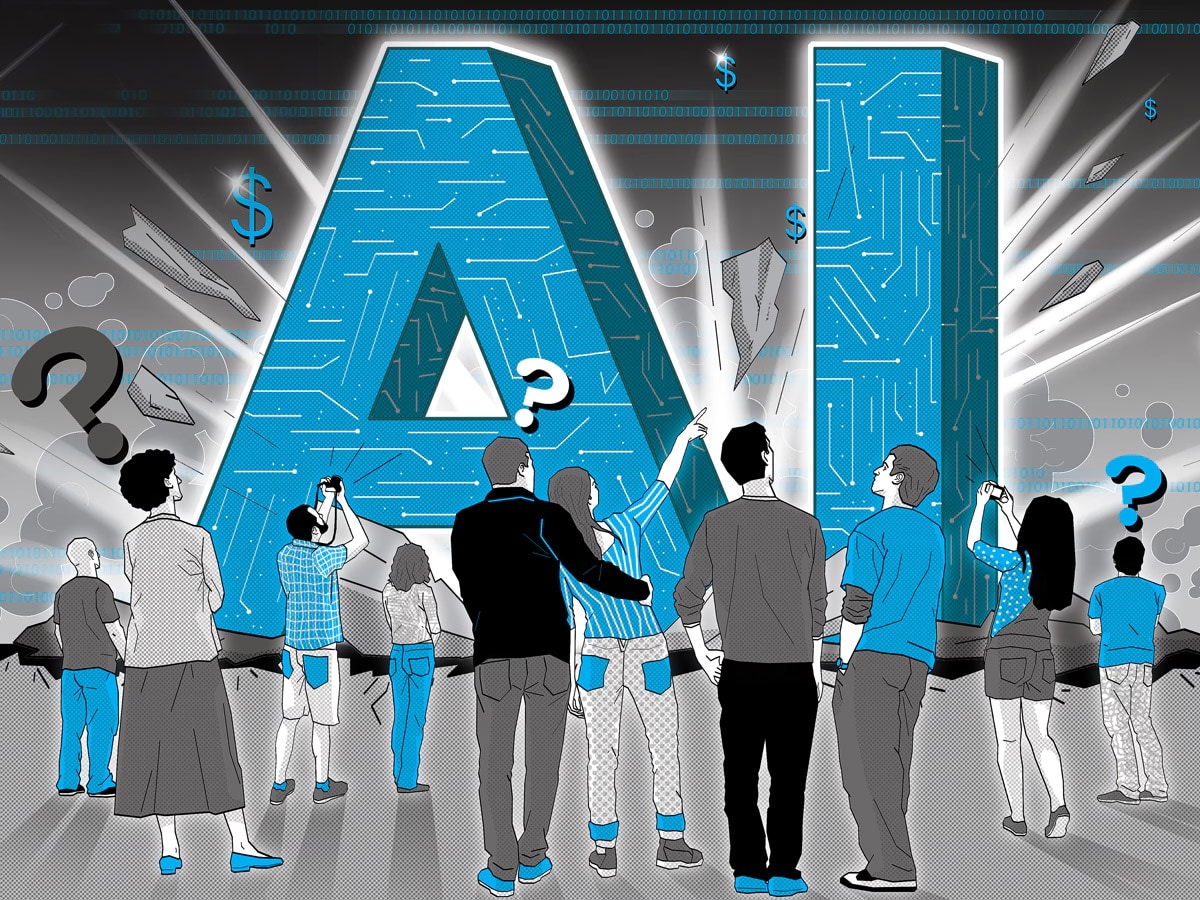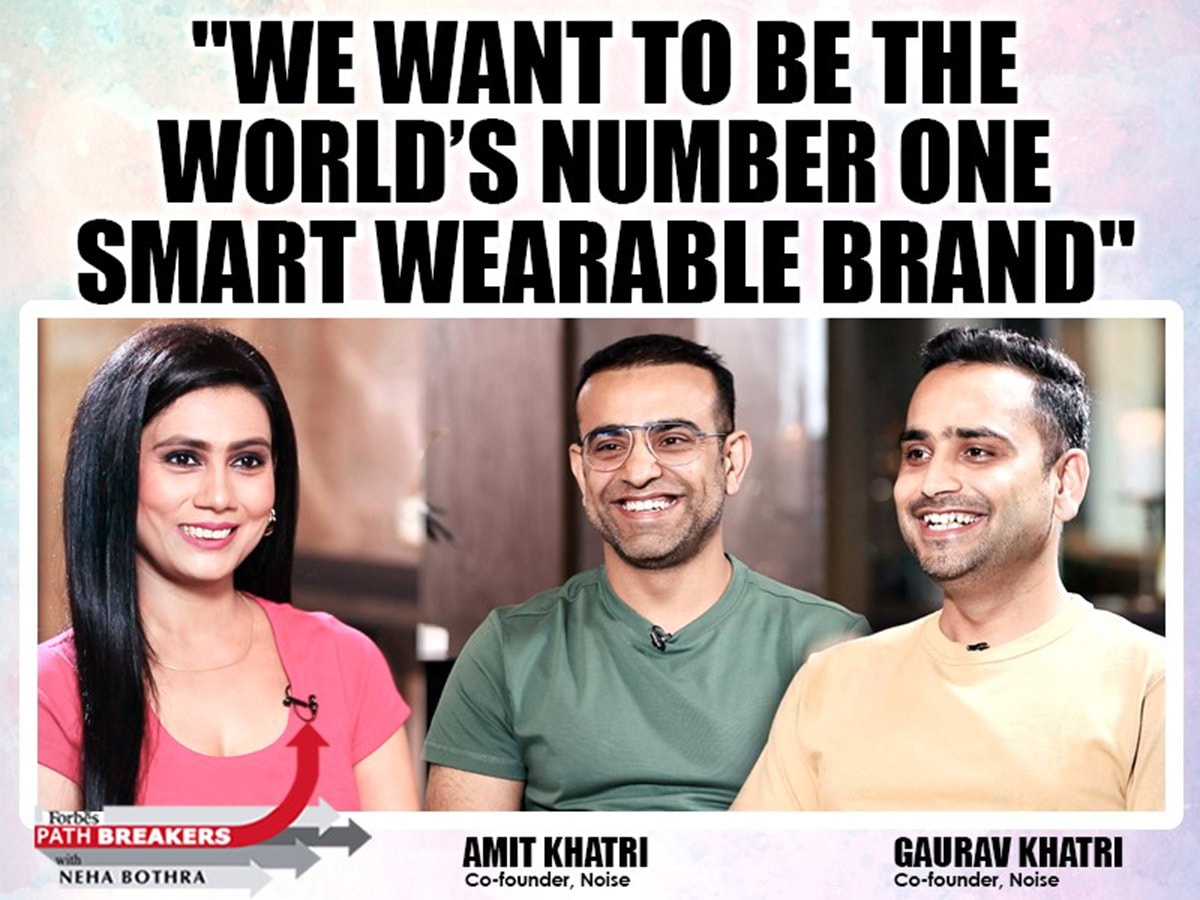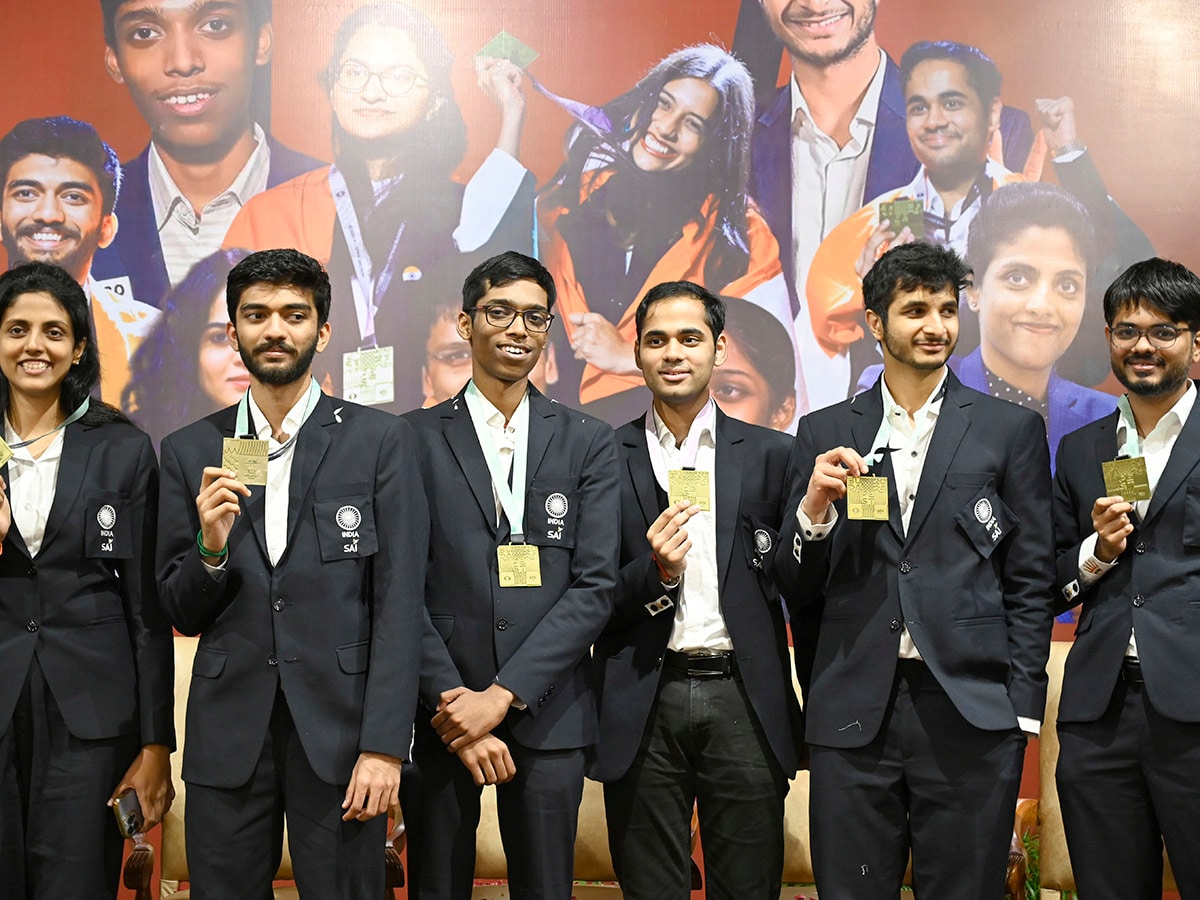From AI storm taking over the world to chess surge in India, our top stories of the week
In this week's newsletter you can read more about the knots and tangles involving SEBI chief Madhabi Puri Buch, succession at Federal Bank, and how Khatri brothers are preparing to take Noise global
1) Path after succession
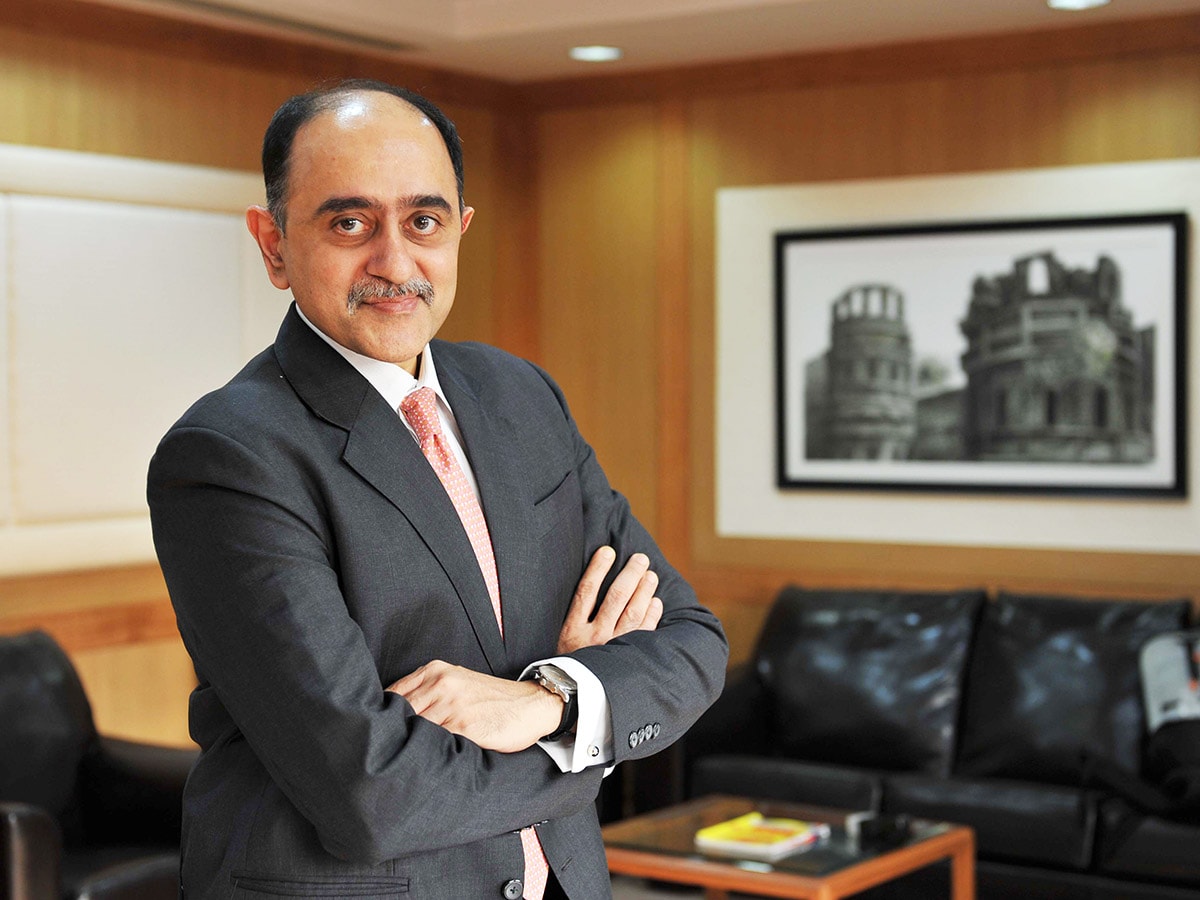 Shyam Srinivasan, former MD and CEO of Federal Bank Ltd. Image: S Kumar/Mint via Getty Images
Shyam Srinivasan, former MD and CEO of Federal Bank Ltd. Image: S Kumar/Mint via Getty Images
In October 2010, Shyam Srinivasan was appointed as managing director and CEO of Federal Bank. Srinivasan and his top leadership team, who helped the bank grow from a regional to a national, digital-focused bank, appear to have done things right over the past seven to eight years. Federal Bank is one of India's three private sector banks, which grew by 15 percent CAGR in total business. It expanded by 125 percent to 1518 branches across India. It now serves 1.89 crore customers. But the time has come for a leadership change. KVS Manian, a former Kotak Mahindra Bank veteran, has stepped into Srinivasan's shoes. Here's what awaits him.
2) A curious case of knots and tangles
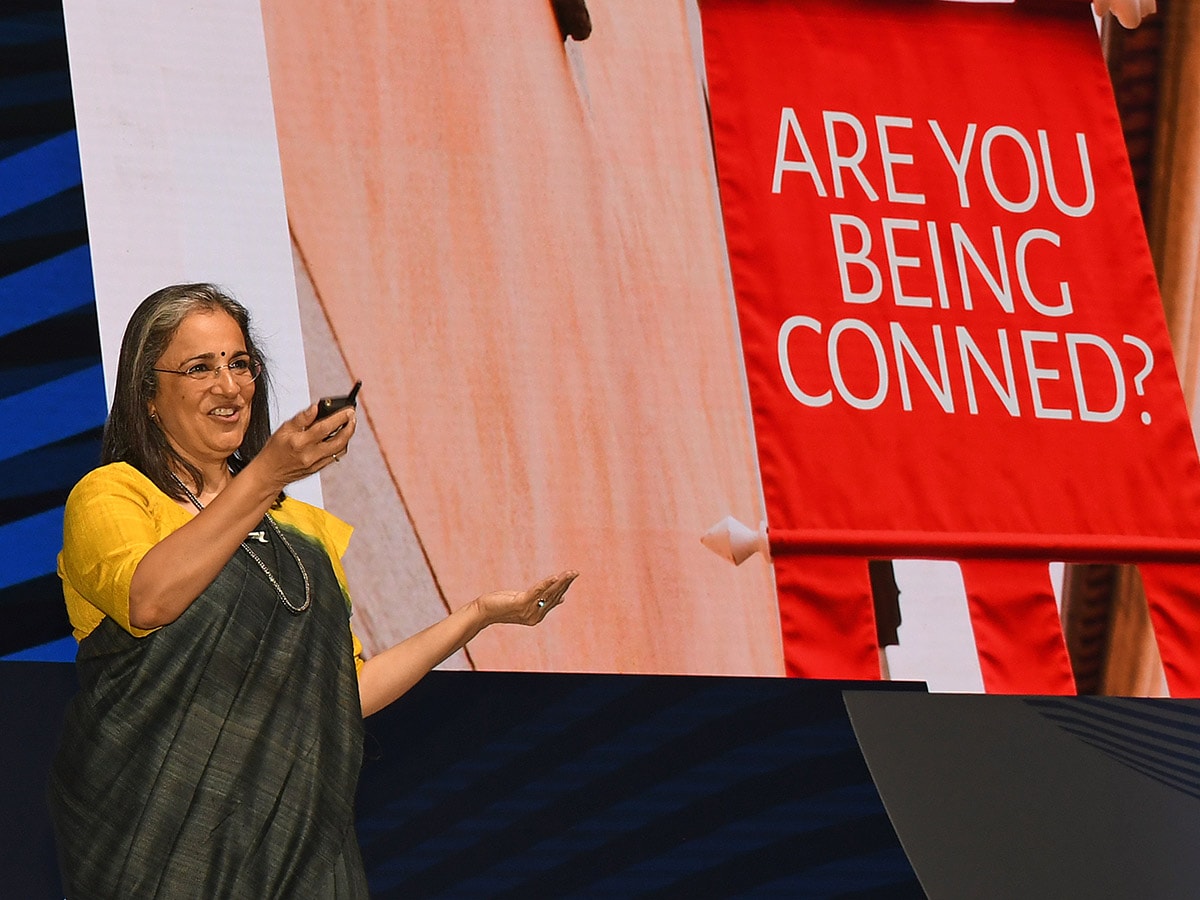 SEBI chairperson Madhabi Puri Buch. Image: Getty Images
SEBI chairperson Madhabi Puri Buch. Image: Getty Images
Madhabi Puri Buch, chairperson of the Securities and Exchange Board of India (SEBI), is amid a controversial storm caused by the allegations made by Hindenberg Research and the opposition Congress Party. She is the first woman to lead SEBI and the first person from the private sector to be appointed to helm one of the world’s largest stock markets’ overseer, with around $5.3 trillion in market capitalisation. The accusations about conflict of interest from various factions come amid a bull run in India's stock markets. The situation raises several questions about SEBI's integrity, transparency and competency. Here's an attempt to untangle the story so far.
3) Lightspeed and AI funding
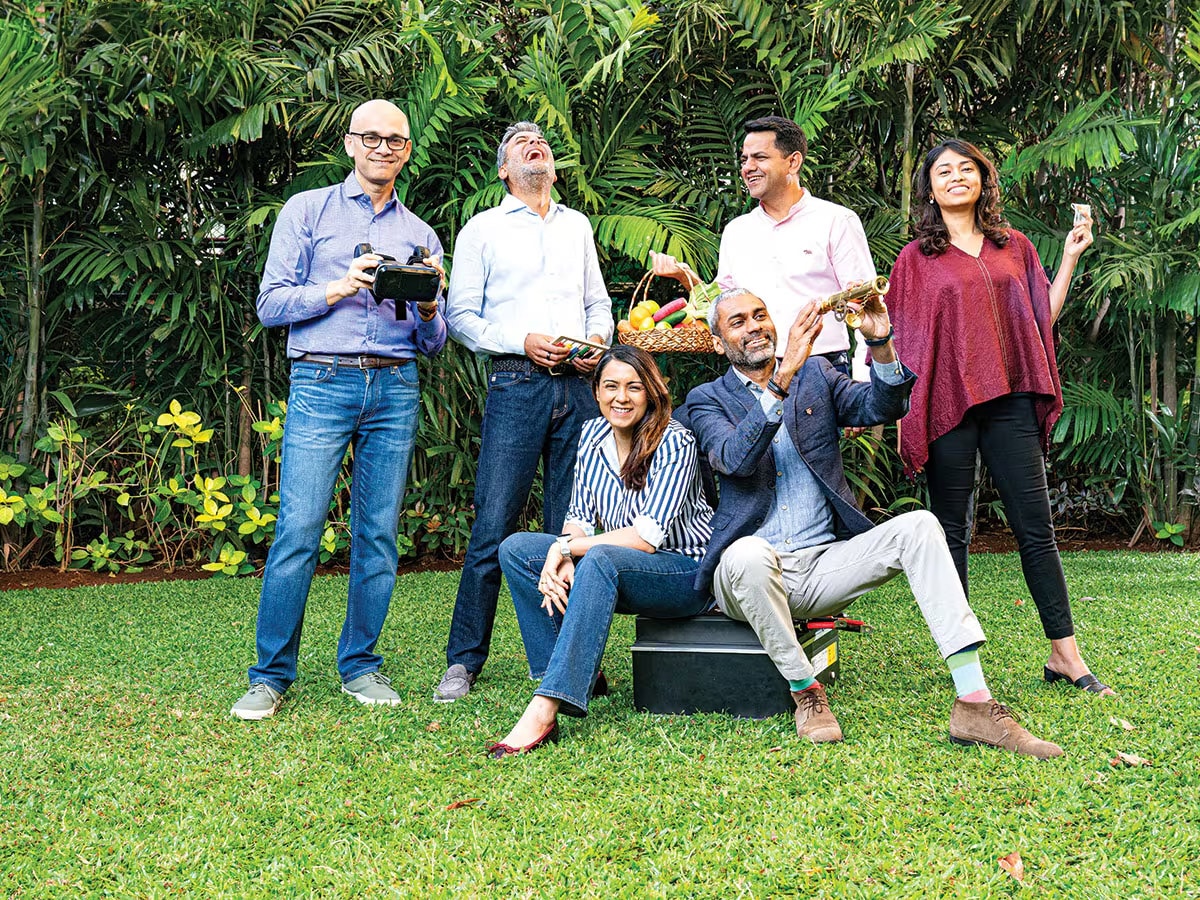 Team Lightspeed: (standing, from left) Dev Khare, India partner, Bejul Somaia, global partner, Rahul Taneja and Shuvi Shrivastava, India partners; (sitting) Harsha Kumar and Hemant Mohapatra, India partners Image: Mexy Xavier
Team Lightspeed: (standing, from left) Dev Khare, India partner, Bejul Somaia, global partner, Rahul Taneja and Shuvi Shrivastava, India partners; (sitting) Harsha Kumar and Hemant Mohapatra, India partners Image: Mexy Xavier
VC firms and startups have been bruised through the lengthy funding winter, rising geo-political tensions due to three wars, high rates of interest across economies and weakening demand for consumption. This has all meant a sharp cut in valuations in technology companies and delayed fundraising in recent months. However, discussions about artificial intelligence (AI) begin, and VCs find more than change in their pockets. Reflective of the trend, Lightspeed has, globally and in India, doubled down significantly, focusing on generative AI and AI-backed startups. In the last 18 months, Lightspeed, globally, has invested $1.1 billion across 72 deals and 61 AI companies through all its funds. What is driving this push from Lightspeed? Here are some answers.

